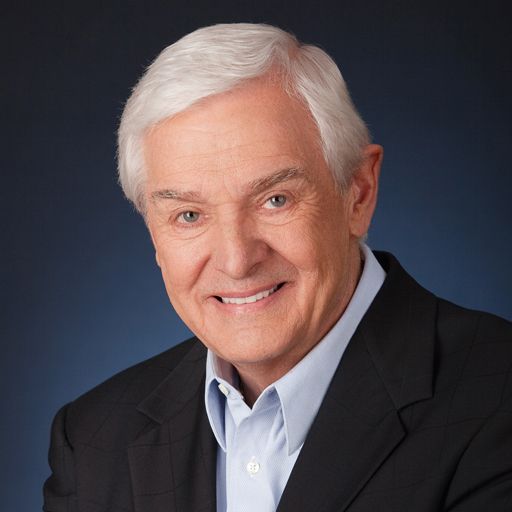Against the backdrop of grim news from the frontlines of World War II, three songwriters met in a New York City diner just before Christmas in 1942. Two had written blockbusters. Walter Kent’s wartime song, “The White Cliffs of Dover,” was being sung around the world. The second man, lawyer-turned-songwriter Kim Gannon, had scored a hit when Glenn Miller recorded his “Moonlight Cocktail.” The third man, Buck Ram, was hitless.
As they chatted about Christmas songs, Ram slid a piece of paper across the table. It contained words he’d written in the 1920s—a song telling his mother how he missed her while away at college during the holidays. The title was “I’ll Be Home for Christmas.” The words were nothing like the words we know today; they were plain and lackluster, and little was said about them. Returning home, Ram couldn’t find his scrap of paper, but he didn’t worry about it because his publisher had a copyrighted copy.
Imagine Ram’s surprise the next year when Bing Crosby recorded the season’s greatest hit—“I’ll Be Home for Christmas,” written by Walter Kent and Kim Gannon. It was composed from the perspective of an overseas soldier writing to his family to express how he longed to be home for Christmas Eve—“where the love light gleams,” a place with “snow and mistletoe and presents on the tree.”
The whole thing ended up in court, of course, where Kent and Gannon claimed they’d forgotten the conversation with Buck Ram. The title, they said, was accidental. In the end, Ram won the case and was listed as one of the song’s authors and given his share of the royalties. The public didn’t follow the legal back-and-forth. They just sang the song to the top of the charts, for during the war it perfectly expressed the homesick, heartfelt poignancy of servicemen and civilians alike. “I’ll Be Home for Christmas” became the most requested Christmas song at USO shows in Europe and the Pacific. One World War II vet remembers being hospitalized on a South Pacific island while recovering from wounds sustained in battle. Somewhere in the ward this song wafted over the air, stillness came over the battle-hardened soldiers, and there wasn’t a dry eye in the place.
The end of World War II saw no diminishing of the song’s appeal because people of every era find themselves separated from loved ones at Christmas. We always long to be home for the holidays, but sometimes it’s only possible in our dreams.
Speaking of dreams, have you ever noticed how the first Christmas was filled with dreams, or with events possessing a dream-like quality? The angel appeared to Joseph in a dream, saying, “Joseph, son of David, do not be afraid to take to you Mary your wife, for that which is conceived in her is of the Holy Spirit” (Matthew 1:20). The Magi were “divinely warned in a dream that they should not return to Herod” (Matthew 2:12). The angel of the Lord appeared to Joseph in a dream, telling him to flee with Mary and the Babe to Egypt (Matthew 2:13). In Matthew 2:19, we read that the angel of the Lord again appeared to Joseph in a dream, telling him of the death of Herod the Great. And thereafter, Joseph is yet again “warned by God in a dream” directing him to the region of Galilee (Matthew 2:22). The appearance of various angels to Joseph, Mary, and the shepherds of Bethlehem had a visionary quality to them. Dreaming, after all, isn’t strictly limited to what happens when we’re sound asleep. Sometimes we daydream, we use our imaginations; in the case of certain biblical characters, we can experience a scene with the vivid force of an epiphany.
The first Christmas was full of these experiences. Put yourself in the place of Mary, of Joseph, of the shepherds, and even of the apostle John, who at the end of the New Testament had a series of visions about our Lord’s Second Coming and our heavenly home. These biblical revelations have much to teach us. So while you’re dreaming of a white Christmas, don’t forget to envision one that’s holy, happy, evangelistic, and honoring to Christ Himself.
This year we can have the kind of Christmas dreams are made of, but only if we keep the Gospel at the heart of our festivities and the Lord Jesus at home in our hearts.
David Jeremiah is the senior pastor of Shadow Mountain Community Church and the founder and host of Turning Point for God. For more information about Dr. Jeremiah or Turning Point, visit www.DavidJeremiah.org.






